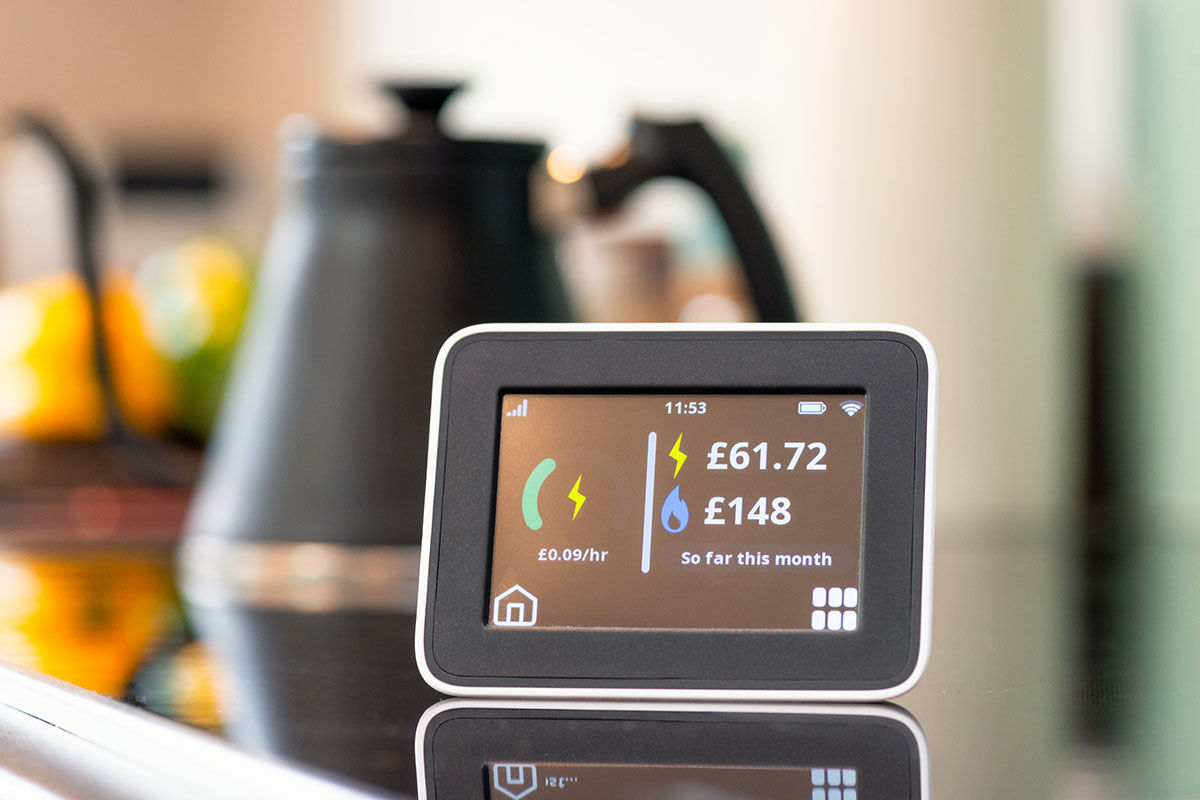On 8 August 2024, Rachel Reeves delivered her first speech to parliament as the new UK Chancellor. One of the biggest announcements was the abolition of the universal Winter Fuel Payment, which is expected to affect over 10 million pensioners.
Below, our Carlisle financial advisers explain what the change in the Winter Fuel Payment means for you, and how this fits into your wider energy bills. We also discuss the possible direction of travel for taxes, benefits, and the State Pension under the Labour government.
We hope these insights are helpful. Please contact us for more information or to speak with a financial adviser:
t: 01228 210 137`
e: [email protected]
The Winter Fuel Payment
For many years before Reeves’s 8 August speech, the Winter Fuel Payment was available to anyone above their State Pension age – regardless of financial circumstances. It was designed to help older people cover their heating bills and is worth up to £300.
However, as of 2024, the Winter Fuel Payment will no longer be a universal entitlement. Rather, it will be restricted to those over State Pension age who receive pension credit, or who receive other specific benefits. These include:
- Income support
- Income-based jobseeker’s allowance
- Income-related employment and support allowance
- Universal credit.
The implications of the change
Certain other energy-related benefits are not scheduled for a direct change (e.g. the Cold Weather Payment and the Warm Home Discount). However, these benefits target those in lower-income households. The abolition of the universal Winter Fuel Payment, however, concerns a far bigger group of pensioners.
Arguably, the change will be especially challenging for pensioners who are just above the thresholds for receiving pension credit or other benefits (estimated at 2m people). A single person above the age of State Pension can claim Guarantee Credit if their weekly income is below £218.15 (or below £332.95 for a couple). As such, a single person receiving the full new State Pension will now be excluded from receiving the Winter Fuel Payment since this weekly income stands at £221.20 in 2024-25.
The energy price cap
Energy bills have been very burdensome since at least 2022 when Russia’s invasion of Ukraine helped drive up global wholesale prices. This led then-Prime Minister Liz Truss to introduce an average “two-year freeze” on household energy bills, valued at around £2,500.
Thankfully, wholesale prices have come under greater control in 2024. This has allowed the energy regulator, Ofgem, to gradually reduce the price cap. On 1 July, it was reduced to £1,568 a year. However, it is important to remember that this represents the “typical use” of a household paying by Direct Debit. Depending on your circumstances and energy use, you may pay more or less than this. For retired persons who spend more time at home, energy bills can be expected to be higher. The Price Cap will be reviewed again on 30 September.
However, be careful not to assume that the falling price cap means that energy is now cheaper. In fact, gas prices are 68% higher compared to March 21, and electricity prices are up by 45%. So, consider taking time to review your energy bills, and how you pay – e.g. standard variable tariff (SVT) or a price-capped tariff. Paying by direct debit can sometimes be cheaper as well.
The possible direction of travel
Running up to the general election, think tanks like the IFS (Institute for Fiscal Studies) expected that the incoming government in July – whichever party gained power – would need to address the UK’s fiscal deficit. This could involve cutting spending, raising taxes, or both.
However, the abolition of the universal Winter Fuel Payment took many pundits and analysts by surprise.
Conservative politicians were quick to accuse Labour of ‘targeting’ pensioners. Without commenting on the politics of the decision, it does raise questions about the new government’s attitude toward retirement income and wealth. Similarly, it may provide an indication of where any further spending cuts or tax rises may be introduced.
For example, both parties made no indication during campaigning that they would make any changes to income tax bands. Under current legislation these are frozen until the 2027-28 tax year. With the bands frozen, if the State Pension continues to rise by at least 2.5% per year under the “triple lock” system, then millions of pensioners relying solely on the state pension could cross the tax-free personal allowance threshold in as little as two years.
With the tax-burden already rising on working people, it is not yet clear how the new government will address this, or if it will at all. There are currently a lot of rumours and fearmongering around what changes might be introduced, and this highlights the importance of considering financial advice. Ensuring you have the full information you need regarding your financial options in retirement.
One area where speculation is rife is pensions. The Conservatives ruled out any changes to tax relief and tax-free cash for pensions during their election campaign. However, Labour (now in power) have not made the same pledges. We will find out more about the government’s plans for pensions and taxation in the Autumn Statement.
Invitation
If you would like to discuss your financial plan and investment strategy, then we would love to hear from you. Get in touch with your Financial Planner here at Vesta Wealth in Cumbria, Teesside and across the North of England.
Reach us via:
t: 01228 210 137
e: [email protected]
This content is for information purposes only. It should not be taken as financial or investment advice. To receive personalised, regulated financial advice regarding your affairs please consult your Financial Planner here at Vesta Wealth in Cumbria, Teesside and across the North of England.

